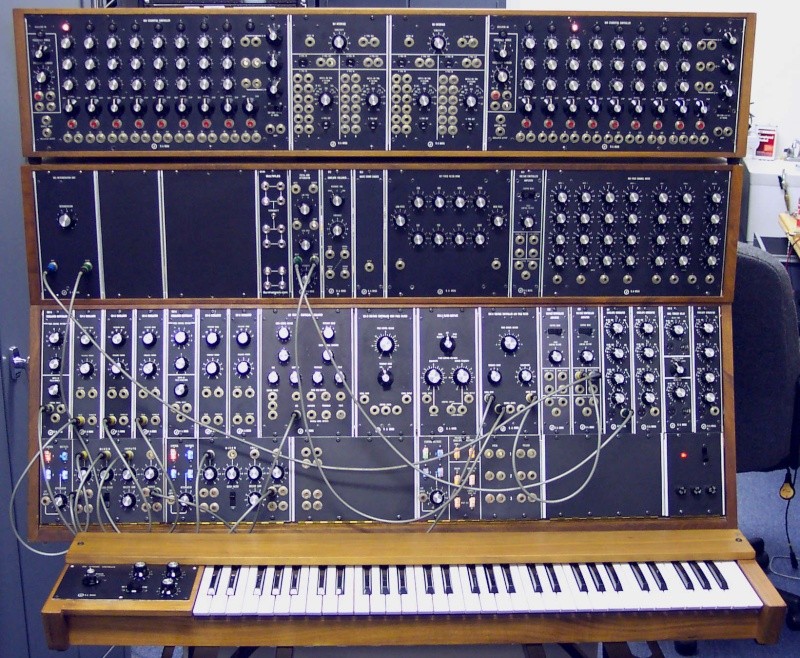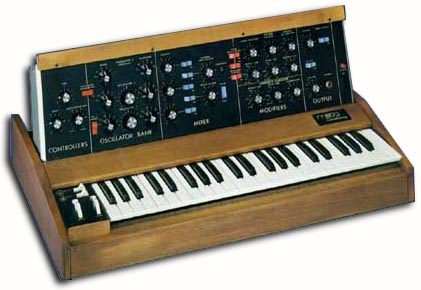What exactly are you trying to do, Mike?
Maybe some terms to help you:
Synthesizer: A device that creates its own unique sound via circuitry or on-board computer algorithms which must be programmed, or one can choose to use the "factory" settings, which is more common on newer synthesizer instruments. Complaints about synthesizers in times of yore would be "the 'strings' sound does not sound like an orchestra." Synthesizers, though, gained their own following, and it wasn't until the late 1990s and through to today, that digital representations of analog synthesizers (called "analog-modeling" for actual instruments; and "VST" for software installed on a computer for playing through suites like Ableton and Reason) came back around for more reliable access to the unique sound only a true synthesizer can make. These can range from $50 junk store/ebay finds to $10,000 professional (or rare vintage) units.
Rompler Keyboard: Often confused with a synthesizer, these are instruments with pre-recorded sounds of actual instruments, and more resemble a sampler than a synthesizer. "Rompler" combines the acronym "ROM" (Read-only memory) with "Sampler" (see below). Some Romplers are hybrid machines, with synthesizer control (such as filters, LFOs, effects, etc), but do not actually "make" any sound of their own--only pre-recorded pieces of tuned samples. They became popular as the 1990s rolled in, and digital storage technology caught up with people's need to hear "real" piano (and other instrument) sounds. Mostly very common, hey range from dirt-cheap toys at $10, to $10,000 stage and studio powerhouses.
Sampler Keyboard: Like a rompler, but you program them with your own sounds. Record a bird, it plays a bird in all octaves. May have some of the same tools as a synthesizer or rompler might, but you must learn to record, cut, edit, layer, oversample (recorded layers of samples), splice (string together sounds) and the like to get any real results. Samplers have been popular due to the fact they are often cheaper than a synthesizer, and you can load the sound of a very expensive/rare synthesizer (or any instrument, really) and get a very close approximation of your intended sound. Hip-hop and rap in the 1980s and 1990s helped bring these instruments to popularity. From $100 - $10,000, they are often complex and beyond most musicians patience to "tinker" with such a device.
Apple: Ever see DJs and other musicians with a laptop or an iPad on stage? They're running software that has almost made any of the above obsolete. With countless boxes of software, pre-recorded samples, programs that mimic a synthesizer, DJs on-screen turntables that "spin" MP3s, plug-in devices from piano keyboards to digital "wind" instruments, if you have the money, you can have a small studio that fits in a backpack. The days of lugging around half a ton of gear are over: and some might even say, the soul of the synthesizer itself (which ironically, was scrutinized by many decades ago for being "soulless"). Cost: the price of a computer/pad device, software and whatever toys you hook up to it.
















